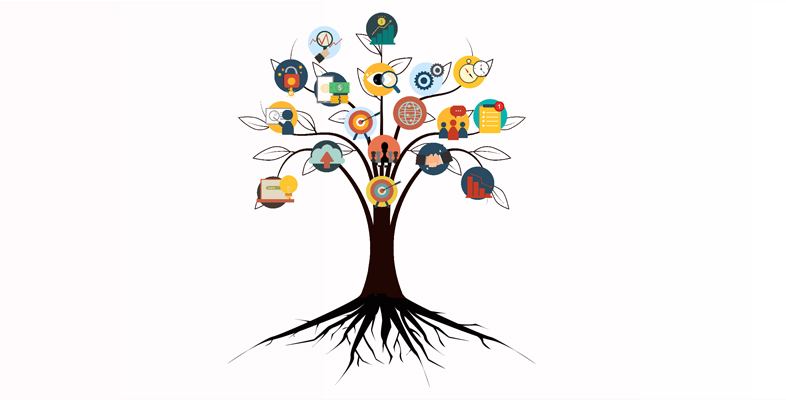3.3 Your approach to sustainable innovation
In this final activity you will review your understanding of sustainable innovations in enterprises. You will do so by completing an interactive quiz and reflecting on how the knowledge you have gained from the course can be applied to your future practice.
Activity 12 Testing your understanding of sustainable innovations in enterprises
a.
managing risk
b.
reducing the public image of the business
c.
preventing corporate loss
d.
ensuring systems are in place that would reduce any penalties incurred in civil or criminal judgements
The correct answers are a, c and d.
Discussion
The correct answers are managing risk, preventing corporate loss and ensuring systems are in place that would reduce any penalties incurred in civil or criminal judgements.
a.
organised
b.
intellectually curious
c.
sensitive
d.
energetic
The correct answer is b.
Discussion
The correct answer is intellectually curious. Refer to Section 1.4 for a discussion on different types of personality traits.
a.
organised
b.
intellectually curious
c.
sensitive
d.
energetic
The correct answer is a.
Discussion
The correct answer is organised. Refer to Section 1.4 for a discussion on different types of personality traits.
a.
organisational sustainability
b.
financial sustainability
c.
environmental sustainability
d.
occupational sustainability
The correct answer is d.
Discussion
The correct answer is occupational sustainability.
a.
Triple bottom line
b.
Social performance scorecard
c.
Cash flow statement
d.
Life cycle assessment
The correct answer is a.
Discussion
The correct answer is triple bottom line. During this course, you have studied societal impacts as including a range of effects that an activity can have on society (illustrated in Section 2.1 through the sustainable development goals). Triple bottom line appears to be the most comprehensive as it incorporates all the other measures (economic or financial impact, environmental impact and social impact). A life cycle assessment focuses on environmental impacts, and typically does not consider social or economic impacts. Social performance scorecard focuses on social impacts while cash flow statement focuses on financial performance.
